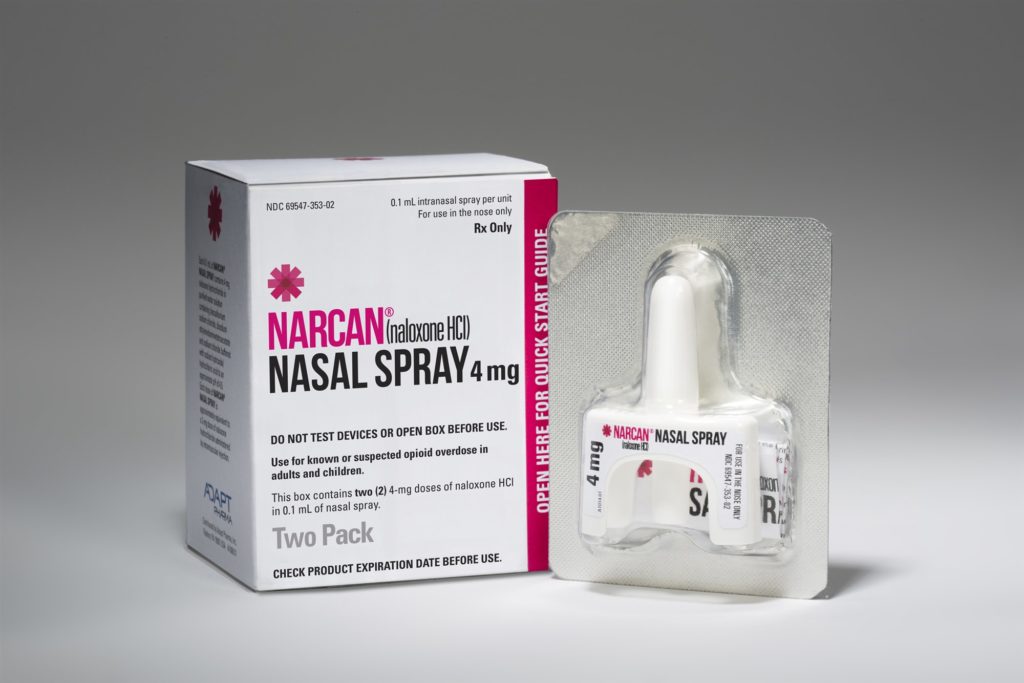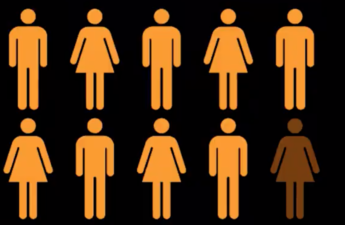
Fred Mariscal, Public Health — Seattle & King County
With the risk of fatal overdose from fentanyl, we want to ensure everyone in King County has access to tools to help reduce the risk of overdose deaths in our community. Naloxone, the medication to reverse an overdose, and fentanyl test strips are two of the critical tools to help prevent fatal overdoses.
Over the past year, King County has been working with community organizations to expand access to both tools—leading to the distribution of over 100,000 fentanyl test strips and over 13,000 naloxone kits. A
s part of this outreach effort, Public Health has been working to lower barriers to overdose prevention supplies, not only through online ordering but also through placing supplies in vending machines where they can be easily accessible.
Several months into the program, we can see how lowering barriers to harm reduction supplies can be an avenue to help engage people who are at risk for overdose and connect them to supports.
About the vending machines
In April 2022, Public Health worked with a local community organization, Peer Washington which operates Peer Seattle and Peer Kent to place vending machines at their sites to provide access to free, confidential overdose prevention supplies and resources.
Peer provides safe, welcoming spaces for people to access support and health resources. The vending machines are stocked with naloxone, fentanyl test strips, as well as condoms, and other safer sex supplies.
“There’s something special about being able to offer immediate, life-saving medication, free of charge. Our members face long journeys when it comes to recovery, or securing housing and employment, so offering a resource that provides immediate relief goes a long way.” Shannon French, volunteer at Peer Seattle.
Since April 2022:
- Over 4,000 fentanyl test strips have been distributed through the vending machines.
- Over 1,000 naloxone kits were distributed through the vending machines.
- With the risk of drug overdose across King County, the sites located in both Seattle and south King County can help reduce geographic barriers to harm reduction tools.
Reaching people who may not have had access previously
In addition to the test strips as a tool itself to inform community members about what may be in a particular drug, distributing fentanyl tests strips and naloxone in vending machines provides an opportunity to engage people in conversations to help mitigate risk and connect people to resources and information for how to get care and treatment.
Our initial findings from the first six months of this program show that almost 40% of the people who used the vending machines had not carried naloxone before – meaning we’re reaching a lot of new people.
For example, one staff person from Peer Kent shared the story of a couple who had come to Peer for resources:
“While sitting in the lobby, they saw the Narcan vending machine and we got to talking about how their lives had changed since transitioning from using heroin to using fentanyl. I discovered neither had ever used naloxone before. I walked them through getting kits and showed them how to use naloxone. A couple of weeks later, the woman came in to see me and let me know that she had used the Narcan on her significant other and saved his life from an overdose. Following his hospitalization, they both entered detox and were recently released.”
Resources to access naloxone and fentanyl test strips in King County
Order naloxone online:
- If you are a King County resident, order online to have free naloxone mailed to any address. It arrives in plain packaging to protect your privacy.
- If you are a Washington state resident with a mailing address outside of King County, use this online order form. You can also find it near you with this Naloxone finder.
- If you would like to get trained to administer Narcan in case of an overdose emergency, you can learn about training options from www.stopoverdose.org
Order informational materials and fentanyl test strips from Public Health here.


